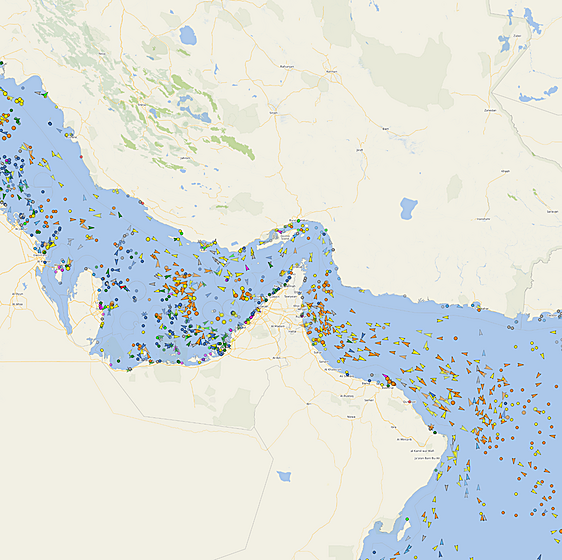Sunshine alone is not enough to provide sufficient Vitamin D
Many people's levels here in Spain are lower than those of people living in Scandinavia
Marta Fernández Vallejo
Viernes, 31 de marzo 2023, 10:46
Here in Spain we enjoy so many hours of sunshine that we don't worry about getting enough vitamin D. It was only when the pandemic started that we began to realise how important it is for the immune system, but it is still largely unknown. And that should concern us. Vitamin D levels in the Spanish population are low - more than half don't have enough - and in some cases they are even lower than in many Scandinavian countries.
This vitamin plays a vital role in the body and a lack of it is associated with many health problems, not all of them related to the bones.
What vitamin D does
Vitamin D is a micronutrient that favours the absorption of calcium in the intestine. "It's necessary for the growth and development of children's bones and it helps to reduce the loss of bone mineralization in post-menopausal women," explains Ana Belén Ropero, a professor of Nutrition and Bromatology and director of the Badalí nutrition website.
"It is involved in other biological functions, too. The muscles, the immune system, the metabolism of phosphorus and the teeth are all part of what it does," she says.
Apart from bone problems, a lack of vitamin D is related to autoimmune disorders, infections, allergies and cardiovascular, neurological and digestive problems, among others. It is not easy to detect a shortage of it, because the symptoms are the same as those of many other conditions.
Fatigue, a more depressed mood, muscle weakness, nervousness and insomnia, a craving for sweet things, dental caries and gingivitis are some of the main symptoms which can be a warning of insufficient vitamin D.
Sources of vitamin D
The skin produces vitamin D thanks to the sun's UVB rays, but we can also obtain it from food. "The problem is that very few foods provide vitamin D: mainly liver, eggs and oily fish," says Ropero.
If the main source of vitamin D is exposure to the sun, it seems strange that in Mediterranean countries like Spain levels should be lower among the population than in northern countries such as Finland, Iceland, Sweden and Ireland. Why is that?
"Those countries carry out vitamin D awareness campaigns to encourage people to take supplements and eat the foods which contain it" says Diana Díaz Rizzolo, a scientist at the IDIBAPS Institute of Biomedical Research, which has carried out a study in Spain.
"As well as the lack of supplements in Mediterranean countries, the use of sun protection and low consumption of foods which are high in vitamin D means that there are people whose levels are very low indeed," she says.
Not enough testing
The data shows the extent of the problem: over 50 per cent of the Spanish population is lacking in vitamin D, and that figure rises to 80 per cent in elderly people and 62 per cent among pregnant women.
The researchers at the biomedical institute point to a major error: too few people are being tested, they say. They studied over half a million adults and found that less than ten per cent of the population had been checked for vitamin D levels and that 75 per cent of those who were tested had levels which were lower than recommended. In addition, 80 per cent of young people were lacking in vitamin D and most were not taking supplements.
The report, published in the Nature group's Scientific Reports magazine, concludes that vitamin D levels are not being checked sufficiently in the Spanish population - a particularly serious situation for those at risk - and it questions why supplements are not administered.
At present, checks on vitamin D levels are not recommended for asymptomatic people unless they belong to a risk group: those aged 70 or over, pregnant women, people in institutions and those with fractures or bone problems.
"We need screening to be carried out, because it has been amply demonstrated how useful vitamin D is in preventing fractures and falls in elderly people, and also when there are some problems during pregnancy and in children's development," Diana Díaz Rizzola warns.
How to get Vitamin D
What to eat: Oily fish, (sardines, tuna, mackerel, salmon...), cod liver oil, mushrooms, eggs, liver, dairy produce, avocado and wheat germ are some of the few foods that can help to maintain optimum levels of vitamin D. How much time in the sun?: Adequate quantities of vitamin D can be obtained with moderate exposure to the sun on the face, arms and legs, for 5 to 30 minutes between 10am and midday. The World Health Organisation says that in spring and summer, 10 to 15 minutes of sunshine on the face and arms is enough, at least three times a week. In general, older people need to spend a bit more time in the sun.



